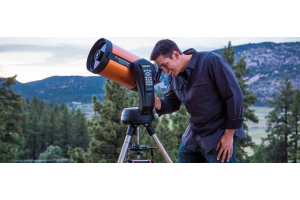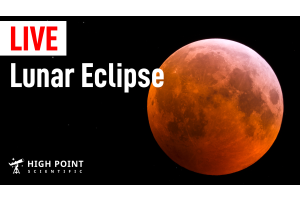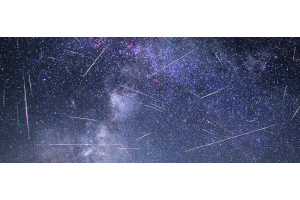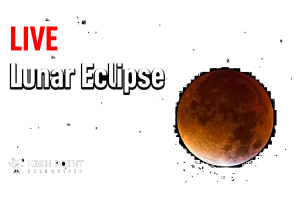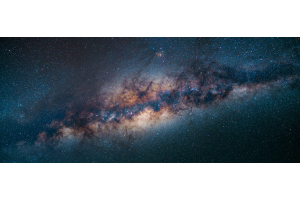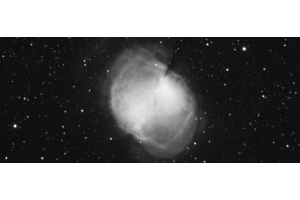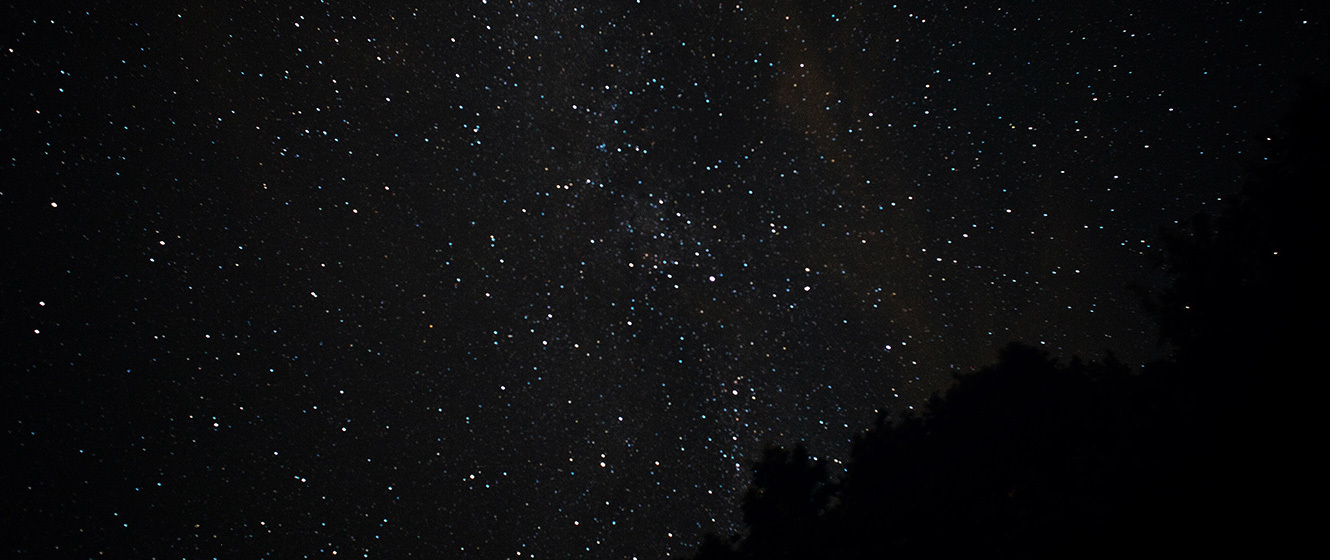
Turn off your lights and head outside on a clear, dark night. Leave your cell phone behind! If you have a planisphere, bring it with you. Sky Maps are the ideal teaching guide for learning the night sky. You wouldn’t set off on a road trip without a road map, and you don’t need to try to navigate the night sky without a map either! Even if you already know your way around the major constellations, these maps can help you locate all kinds of fascinating objects and they are extremely easy and convenient to use. A planisphere, or star wheel, is a simple way to locate which constellations are up and where they are placed in the night sky for a particular date and time. Once you are armed with this information, you'll be able to more easily find (and identify) any planets in the sky!
Look up! Make note of the brightest "star-like" objects you can see and what part of the sky they are in. All summer long, Jupiter will be in the constellation of Libra, Saturn will be in Sagittarius, and Mars will be cavorting with Capricornus, the Sea Goat, so if you have done a little homework or have your trusty planisphere with you, you'll realize that most likely the bright objects you are seeing in those constellations are actually planets instead of stars. Do they twinkle? If not, that's another clue that you're looking at a planet, not a star.
 Featured above: The Celestron Sky Maps and Planisphere
Featured above: The Celestron Sky Maps and Planisphere
Are you up for a science project? It's really easy. Step outside over the course of a few weeks and make note of the position of any suspected planet respective to the other stars around it. Planets follow an elliptical path around the Sun and will move slowly over time on that invisible path, while stars stay rooted in place with respect to their positions with each other.
Another benefit of enjoying the night sky more than once or twice this summer, is that you'll be able to watch a planet steadily get bigger and brighter as it reaches opposition, and then slowly shrink in size as the weeks go by. You'll be an active observer of celestial mechanics, and who knows, it might just become a habit!
Back to The Summer of Planets...
This Article was Last Updated on 12/21/2023
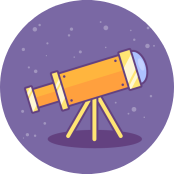
Learn More
Interested in learning more about astronomy organizations, observatories, and resources near you? Not sure where to begin? Check out our Astronomy Hub to learn more!






